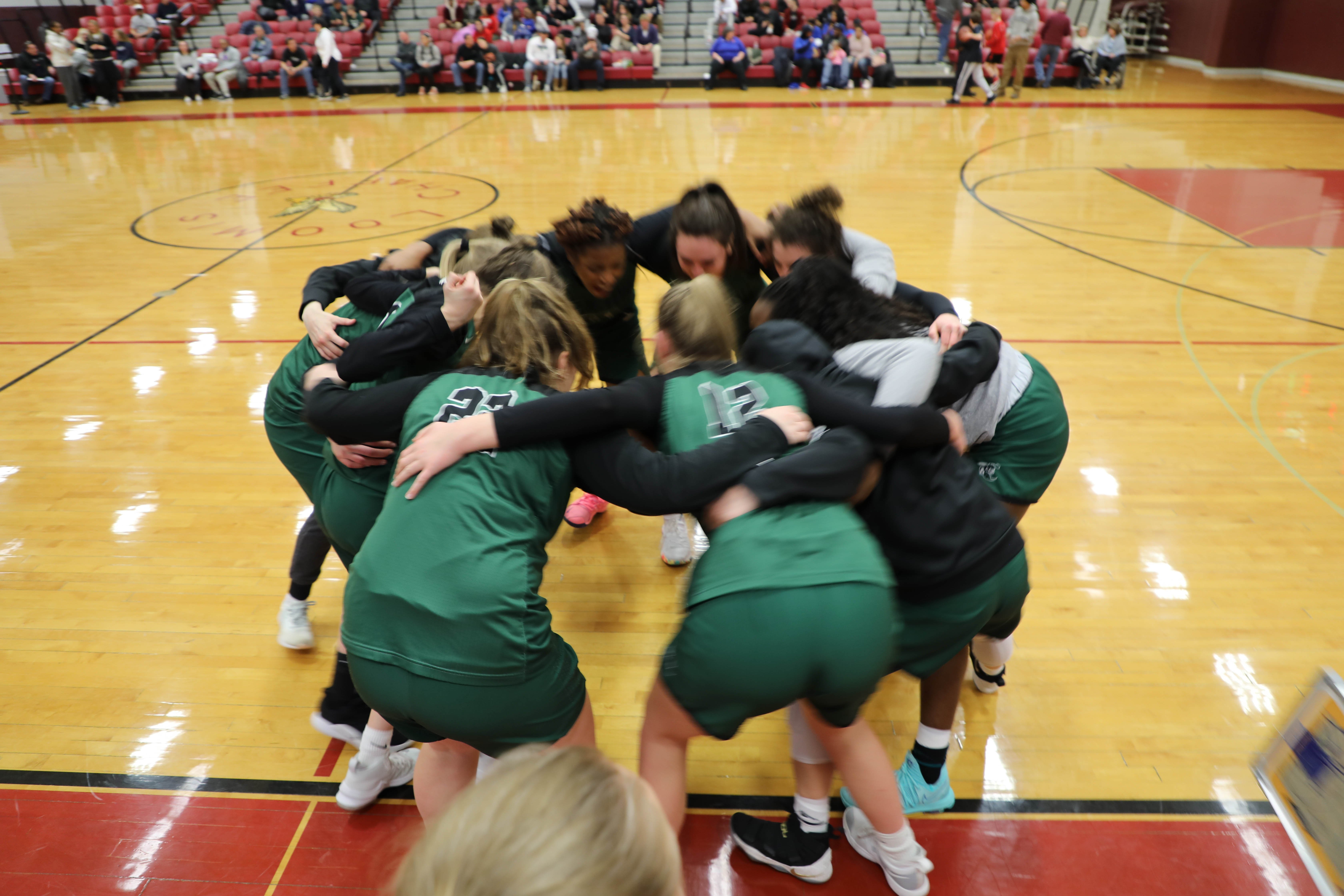We all deserve to experience what it is like to be a part of a great team at some point in our lives. Great teams know themselves. They understand who they are. They know their strengths, their weaknesses. Each member understands individual roles within the group, and the coach knows how to optimize the performance of the group. It really is magical to watch a team firing on all cylinders. We had a chance to watch a few of those teams this winter including the girls’ varsity basketball team as they made a run to the NEPSAC Championship game over the weekend.
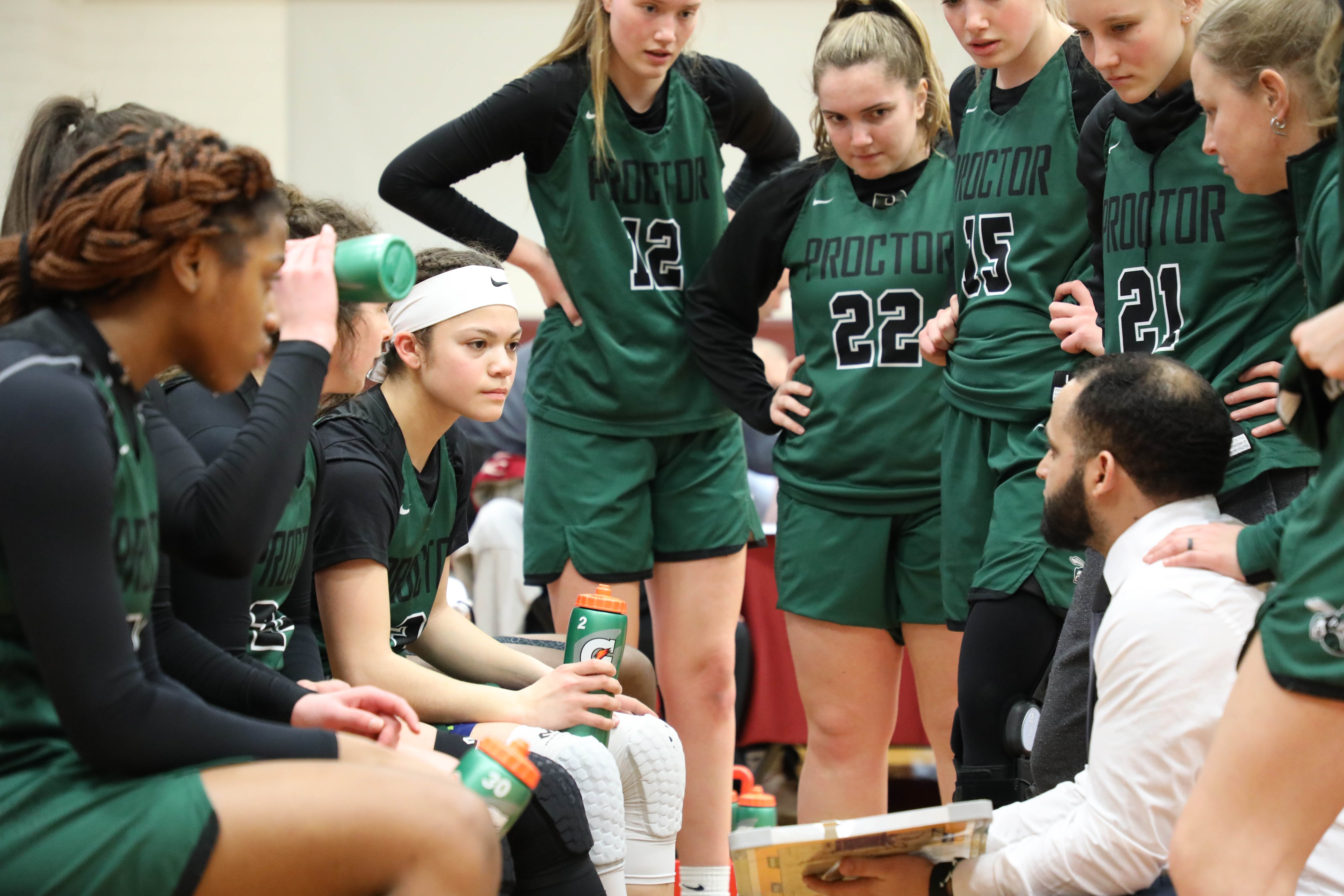
As someone who loves athletics, and believes as much deep learning occurs during afternoon program as in any other part of student life at Proctor, I find it fascinating to watch a team’s personality evolve over the course of the season. High performing teams have much in common; there are always star players, those individuals toward whom the spotlight tracks. These individuals make the highlight plays, they have charisma, even the most casual of observer can pick them out during a contest or performance and appreciate their impact.
Great teams also have players who simply grab their hard hat and go to work day in and day out. Their stat lines are rarely sexy; their names do not pop in a box score and or in the post-game write-up. Their deep impact on the performance of the team (whether on the court or on the stage) usually goes unnoticed by that same novice spectator. But when you watch a team over the course of a season, you begin to notice these players who specialize in the intangibles, players who understand at their core that the performance of the team usurps their individual glory. You start to notice that successful teams, teams that navigate adversity and unrelentingly pursue a shared goal, always have someone willing to bring the intangibles to the table.
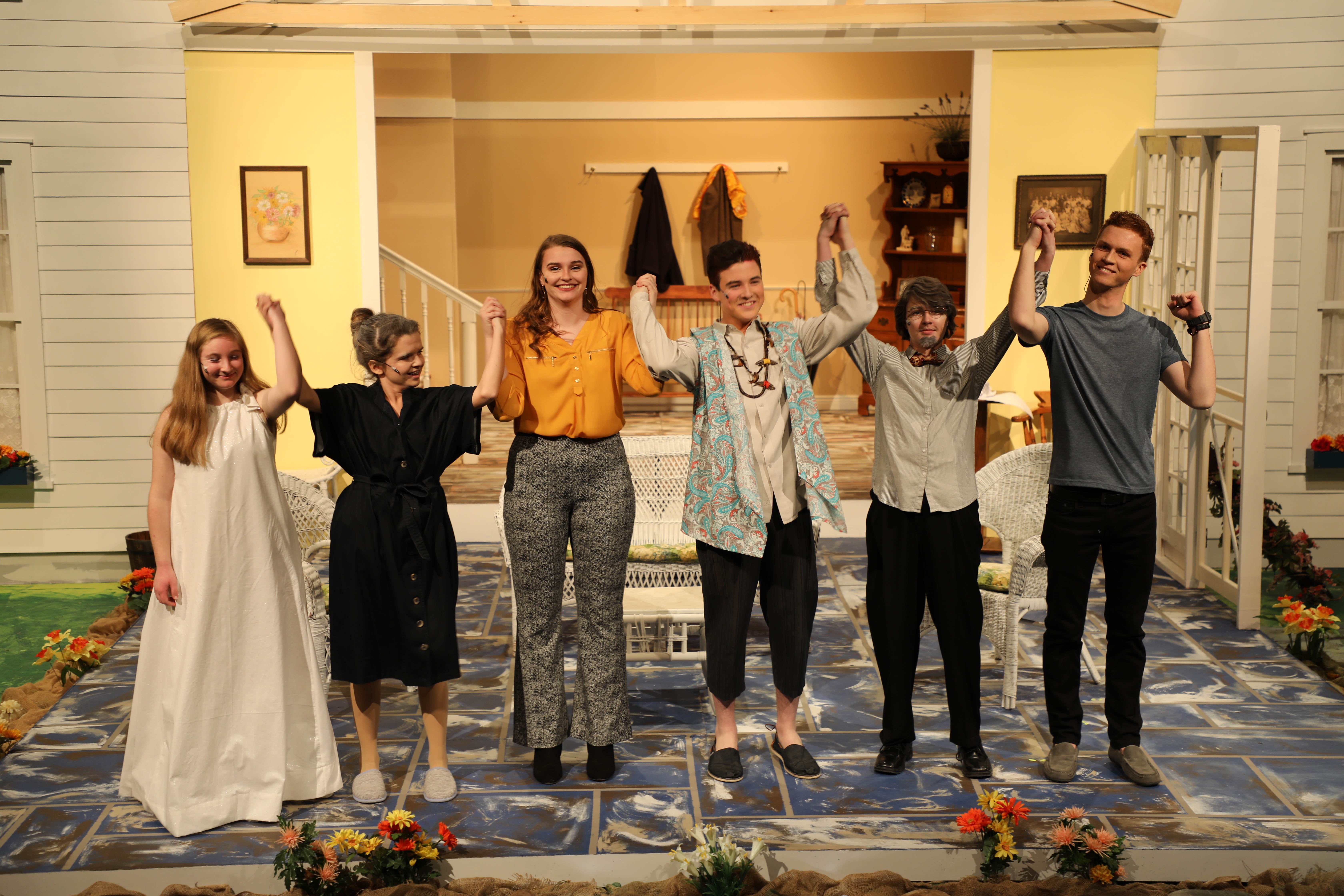
In an economy centered around working in small groups and teams, the experiences students gain by competing alongside each other at Proctor serve a critical role in how we prepare students for life after high school. As educators, we understand the importance of working as a team. Advisors, Learning Specialists, dorm parents, coaches, teachers, and counselors meet regularly to discuss how we can best support students. This work of helping our students sur-thrive high school cannot, and must not, be a siloed endeavor.
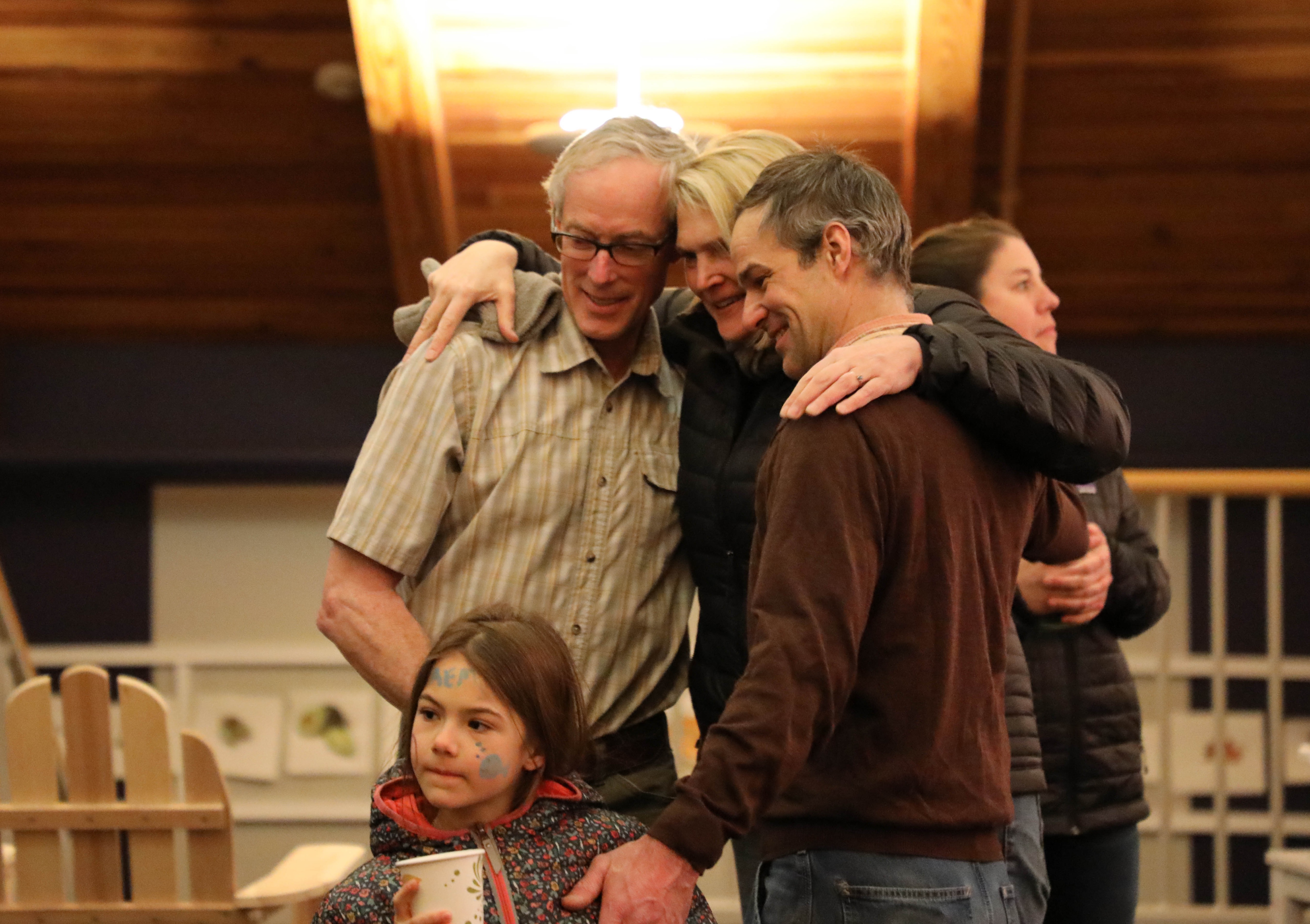
Over the past seven years, Google has studied the making of the “perfect” team, periodically releasing their results that surprised even their own data scientists. One might think the highest performing teams are made of the best players, but those of us who have been around high school athletics long enough understand talent is a component of great teams, but talent without chemistry is a recipe for disaster. Google’s results mirror our anecdotal experiences as educators. The five most important characteristics of a team include:
-
Dependability - knowing teammates show up on time and get things done.
-
Structure and Clarity - having clear goals and well defined roles within the group.
-
Meaning - the work has personal significance to each member.
-
Impact - the group believes their work is worthwhile and serves a greater purpose than individual accolades.
-
Psychological Safety - knowing it is ok to make mistakes, voice opinions, and be vulnerable.

We see these dynamics of team play out throughout campus - off-campus programs, classes, dorms, advisories, afternoon program, working with colleagues - and in each situation, we see opportunities for our community to improve. As we slow down for two weeks over Spring Break, we must evaluate our individual performance as a team member. Are we dependable? Do we help shape structure and clarity? Does our work have meaning to us? Are we aware of the impact we are having, regardless of our role, on Team Proctor? Are we helping nurture a safe environment in which we allow the best of us to rise to the surface? Are we bringing the intangibles to our team?
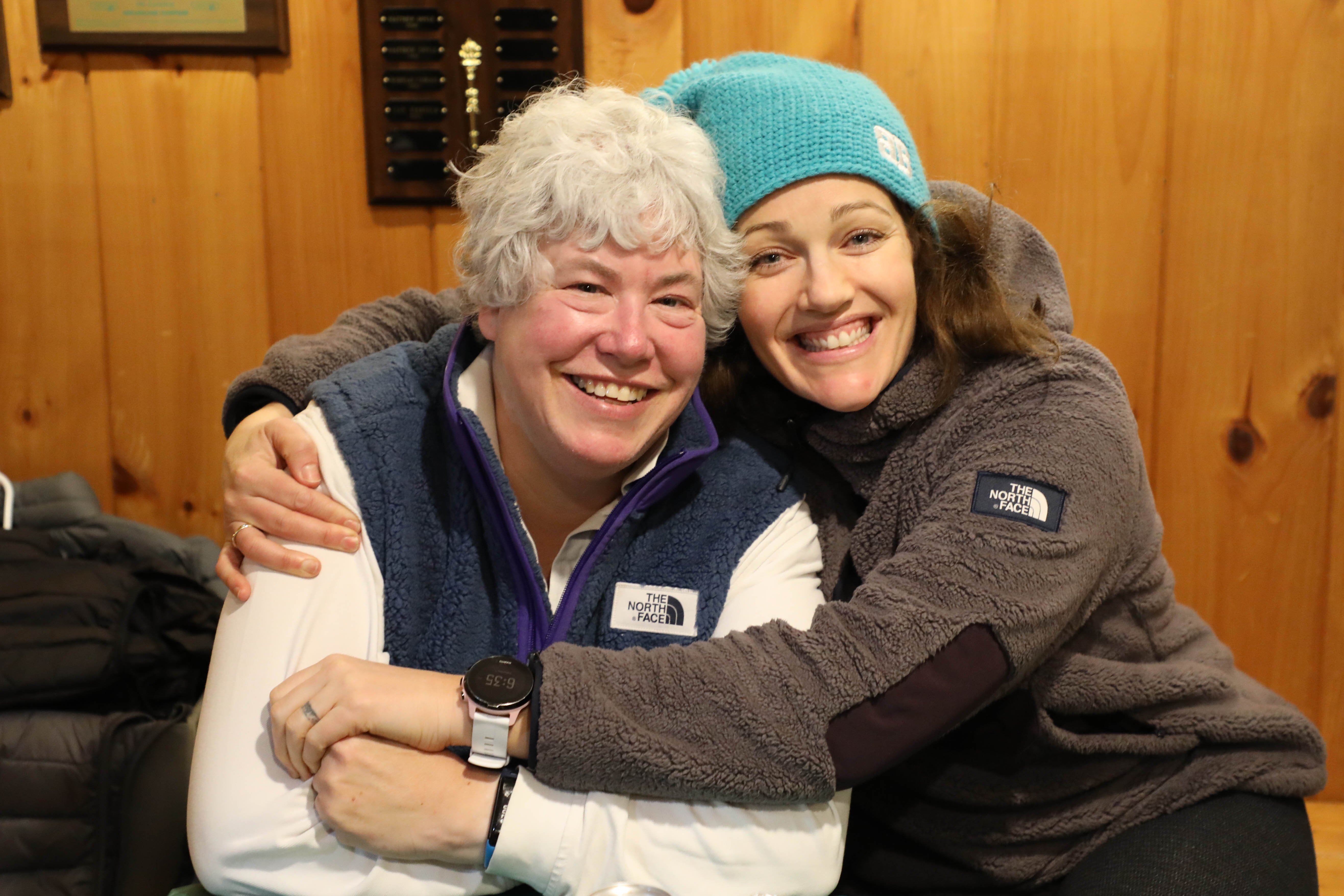
A heartbreaking overtime loss in the NEPSAC Championship game by our girls’ basketball team reminded us even the best of teams do not always come out on top. Great teams understand that sometimes we fall short. We have off-days. We make mental mistakes. We take risks...and fail. But great teams never stop supporting each other. That’s who we desire to be as a school; each individual playing a vital role regardless of whether we are in the spotlight or we are providing the intangibles needed to be our collective best. We are a work in progress, but we are paddling in the same direction, and there is not another group of educators and students with whom I would rather paddle.
